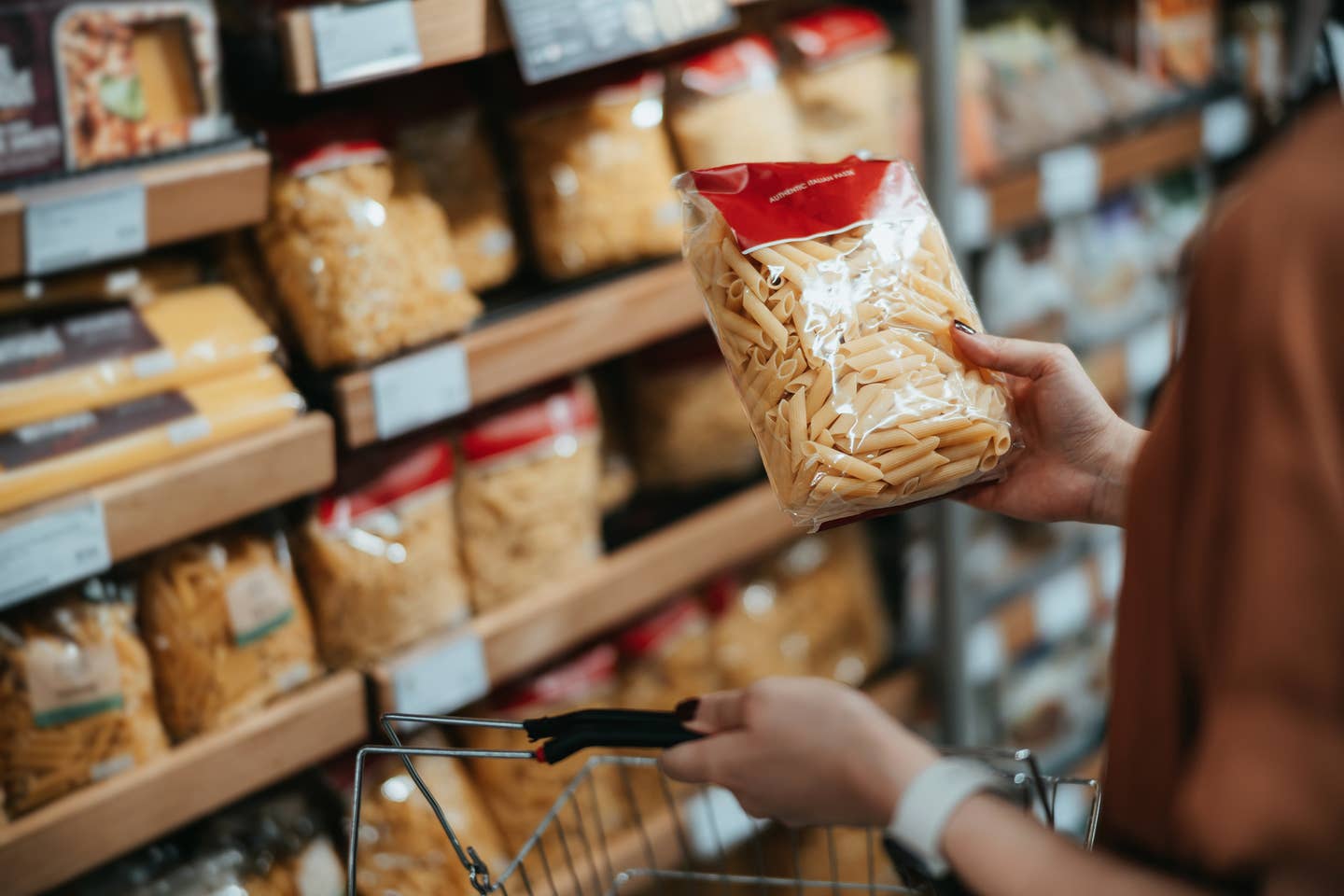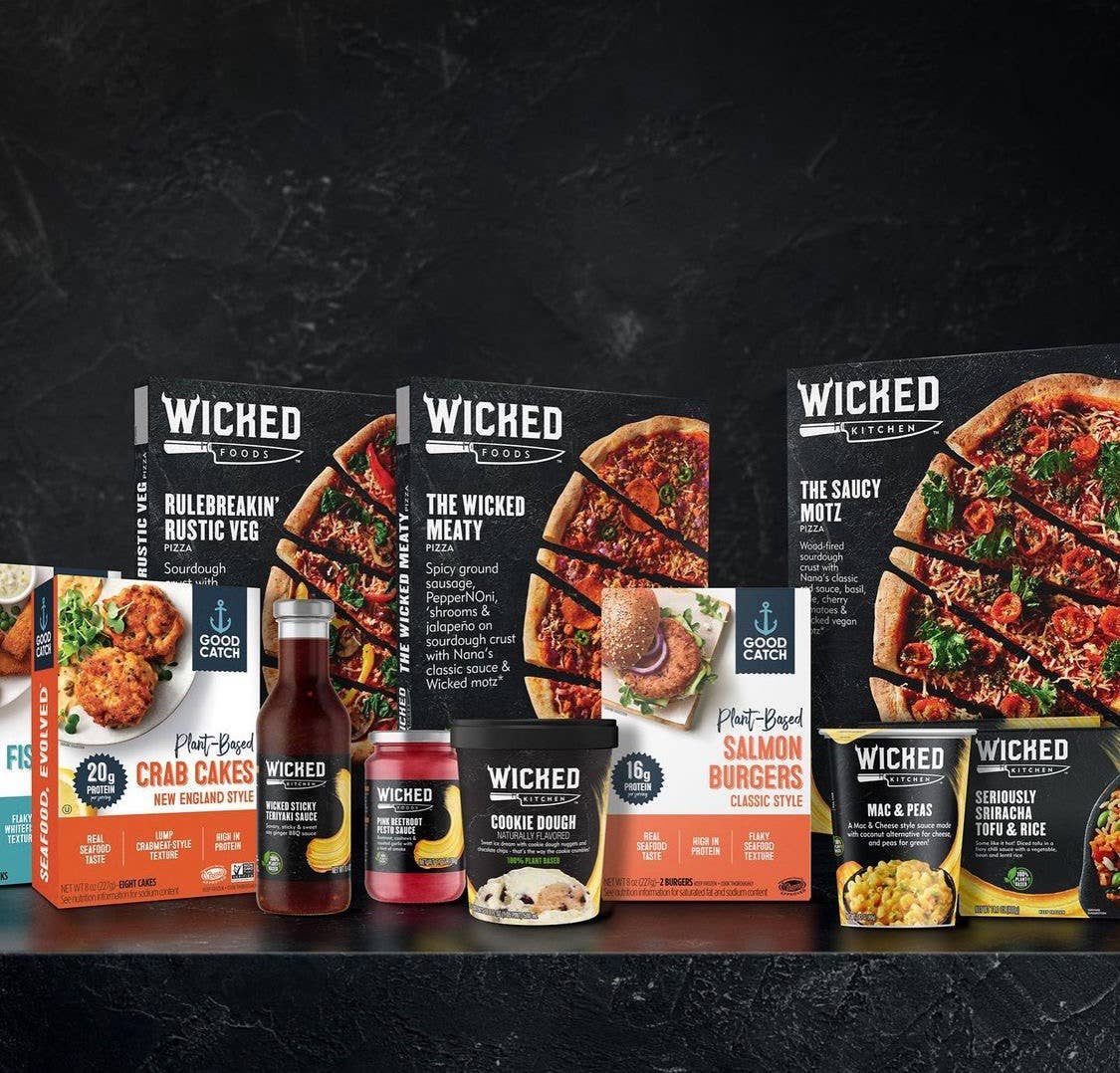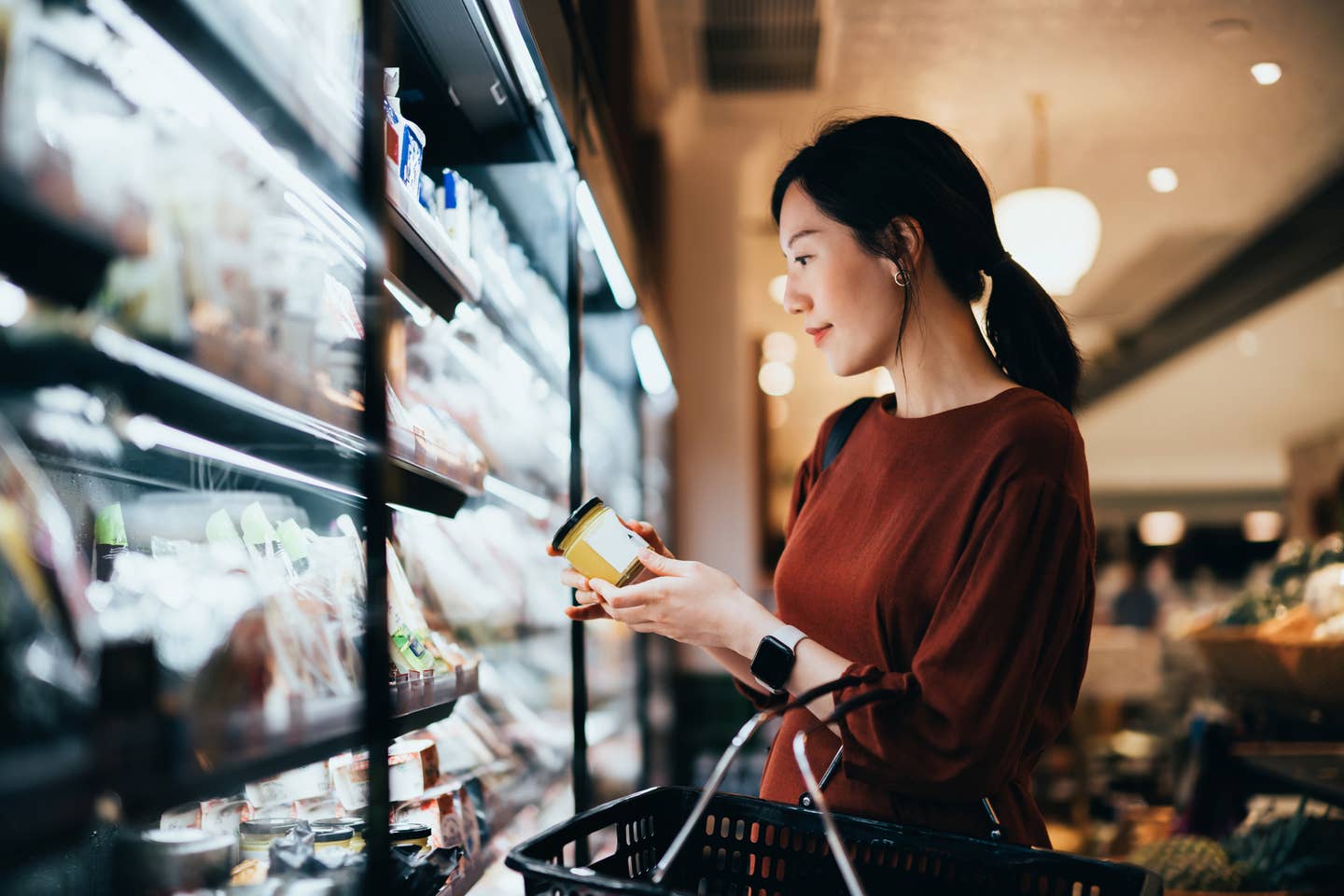
This Genius Invention Prevents Produce Spoilage: Here’s Everything you Need to Know
Wouldn't it be nice to walk into your backyard and pick a fresh avocado, tomato, or other veggie on-demand…only when you are ready to use? Yes, but this is 2020, and we live in a society where the only picking most of us are doing is off the shelf at a supermarket; or, if we are lucky, off of a stand at the farmer’s market.
The 21st-century produce supply chain leads to a massive problem that impacts you directly: food waste. Those well-meaning apples for the apple pie you never made are now rotting in your fruit bowl. Your chocolate avocado mousse-making ambitions were disrupted by a flurry of week-long work deadlines; your precious $15 worth of organic avocados, wasted. But, as entrepreneurship goes, where there is a problem, there is a solution. Meet Apeel Sciences, a company that promises to make your store-bought produce last three times as long.
Santa Barbara-based Apeel Sciences just received another round of funding—this time to the tune of $250 million—to help bring Apeel-coated produce to a store near you. Apeel works with produce packers and growers that apply the Apeel coating on produce soon after produce is picked; it is applied by spray, dip, or brush on methods. Produce continues through the supply chain and is distributed to grocery stores as usual.
Currently, produce coated by Apeel is found at select Kroger’s and other select retailers, primarily in the Midwest. But with 300 employees and growing, and established operations across four continents to support global distribution—not to mention a squad of power investors—there’s a good chance you’ll find Apeel produce in your locale soon. The company says they are making a heavy push on the consumer side with signage and displays within grocery stores and at produce stands so you know which fruits and veggies are in fact Apeel coated.
We know what your thinking: A coating that makes my veggies last longer? That sounds suspicious...and too good to be true. Don’t fret; it’s safe. The coating is made with 100% plant materials. “Apeel is entirely plant-derived, so there are no additives or anything else in it,” an Apeel spokeswoman told The Beet in an interview. “It’s made with elements that naturally occur in fruits and vegetables.” She explains that because Apeel is made from these widely used plant-derived materials that are commonly found in foods, it is designated FDA “Generally Recognized As Safe.” The thin invisible (and tasteless) plant-based coating works by keeping moisture inside and oxygen out. This dramatically slows the rate of spoilage. By maintaining moisture and reducing oxidation, Apeel enables the plant’s natural ability to protect against environmental stressors.
The company says that Apeel produce also contains a higher density of nutrients and makes it possible for growers to avoid harvesting before ripeness. This allows fruits and vegetables to develop to their full potential; from nutrition and flavor to appearance and texture, they are in their prime before they embark on the journey to the grocery store, and ultimately to your home.
Research shows that the reduction of food waste is one of the top solutions to addressing climate change-based greenhouse gases emitted from both the production of food and its decomposition in a landfill. A report from nonprofit Project Drawdown recently identified the reduction of food waste as a top solution to address climate change based on the greenhouse gases emitted from both the production of food and its ultimate decomposition in a landfill.
In case you need more evidence that we are moving toward worldwide Apeel-produce domination, they were recognized among TIME Magazine's Best Inventions and Fast Company's World Changing Ideas. They are also funded by some of the most forward-thinkers and investors and of our generation including Andreessen Horowitz and The Bill & Melinda Gates Foundation. They are also backed by powerhouse celebs like Oprah Winfrey and Katy Perry. At the end of the day, Apeel is a win-win for everyone, from farmers and packers; to grocery stores and consumers. And, the most important of them all: Mother Earth.
More From The Beet






